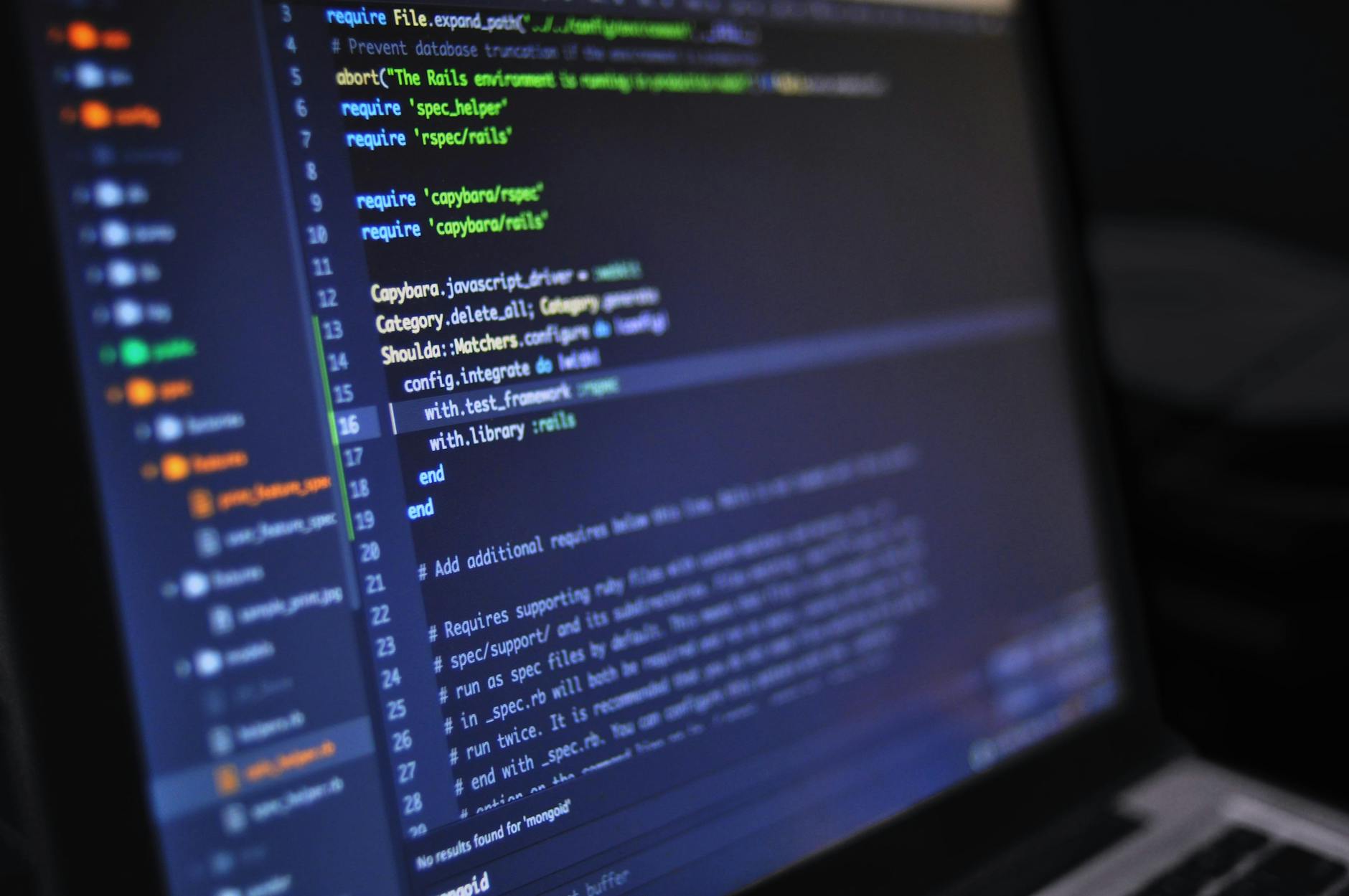Why is my computer so slow? Causes of slow laptops that often occur will be discussed in this blog post.
Are you tired of dealing with a slow laptop that hampers your productivity?
From lagging response times to sluggish performance, a slow laptop can be exasperating. In this blog post, we’ll delve into the common reasons why laptops often run slow and provide practical tips to address each issue. Whether it’s excessive background processes, insufficient storage, or overheating, understanding the causes of slow laptops is the first step to improving your device’s performance.
So, if you’re ready to learn how to troubleshoot and revitalize your slow laptop, let’s get started.
10 Common Causes of Slow Laptop Performance: What’s Slowing You Down?
| Cause of Slow Laptop | How to Solve |
|---|---|
| Too Many Running Programs | Close unnecessary programs and limit startup applications |
| Low RAM | Upgrade RAM or close resource-heavy applications |
| Old or Failing Hard Drive | Replace with a new HDD or, better yet, an SSD |
| Outdated Operating System | Update the operating system and drivers |
| Viruses or Malware | Run a full antivirus scan and remove malicious software |
| Too Many Temporary Files | Use a cleanup tool to remove temporary files |
| Fragmented Hard Drive | Defragment the hard drive (mostly for HDDs) |
| Insufficient Cooling | Clean the laptop vents and ensure adequate cooling |
| Aged Laptop Components | Consider upgrading to a newer laptop model |
Storage Issues
When your laptop is running slow, the storage could be the culprit. Below are some common storage-related problems that could be impacting your laptop’s performance:
Low Disk Space
Low disk space is a frequent cause of a slow laptop. When your hard drive is almost full, the operating system struggles to find space to store temporary files, leading to a decrease in performance. Regularly check your disk space and remove unnecessary files and applications to free up space.
Fragmented Hard Drive
A fragmented hard drive occurs when files are divided into smaller parts and stored in different locations on the disk. This can slow down your laptop as it takes longer for the system to retrieve the fragmented files. Running a disk defragmentation tool can help consolidate these files, potentially improving your laptop’s speed.
 Photo by Ramon Perucho
Photo by Ramon Perucho
Software and Operating System Issues
Ensuring your laptop’s software and operating system are up to date is essential for maintaining optimal performance. Here are the common issues related to software and operating systems that could be slowing down your laptop:
Outdated Software or Drivers
Outdated software and drivers can significantly impact your laptop’s speed and performance. When software and drivers are not regularly updated, they can become incompatible with newer programs, leading to slowdowns and system errors. It’s crucial to regularly check for updates for your operating system, software applications, and device drivers. Keeping them up to date can address performance issues and security vulnerabilities, ensuring your laptop runs smoothly.
 Photo by luis gomes
Photo by luis gomes
Excessive Visual Effects and Animations
Excessive visual effects and animations can consume system resources, leading to a slowdown in overall performance. While these features may enhance the user interface, they can strain your laptop’s processing power and graphics capabilities. To improve speed, consider disabling or reducing visual effects and animations in your operating system settings. By doing so, you can free up resources and experience a more responsive system.
When addressing software and operating system issues, it’s important to stay informed and utilize the latest updates and patches from credible sources. Regular maintenance and optimization can help mitigate performance issues associated with outdated software and excessive visual effects, ensuring a smoother and more efficient computing experience.
For further insights on troubleshooting software and operating system issues, check out TechRadar’s guide to resolving common system slowdowns.
Conclusion
By delving into the common causes of slow laptops, you have gained valuable insights into the various factors that can impact your device’s performance. Armed with this knowledge, you are better equipped to take proactive measures to enhance your laptop’s speed and responsiveness.
Whether it’s addressing resource-intensive background processes, optimizing storage space, or monitoring system temperatures, identifying and resolving these issues can significantly improve your laptop’s overall efficiency.
Stay informed and empowered as we continue to provide in-depth guides on troubleshooting and resolving specific laptop slowdown issues, allowing you to make informed decisions on optimizing your device’s performance for a seamless user experience.

